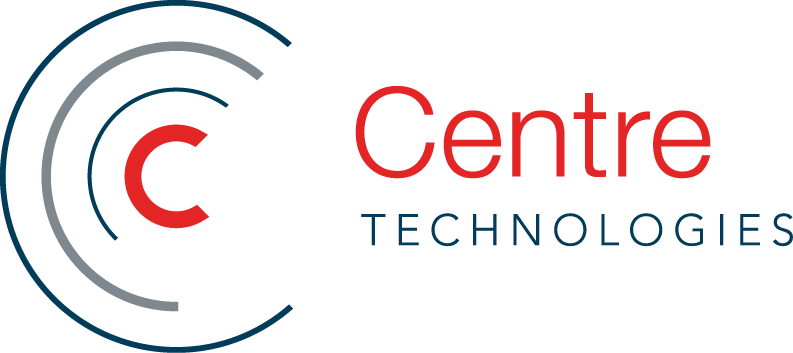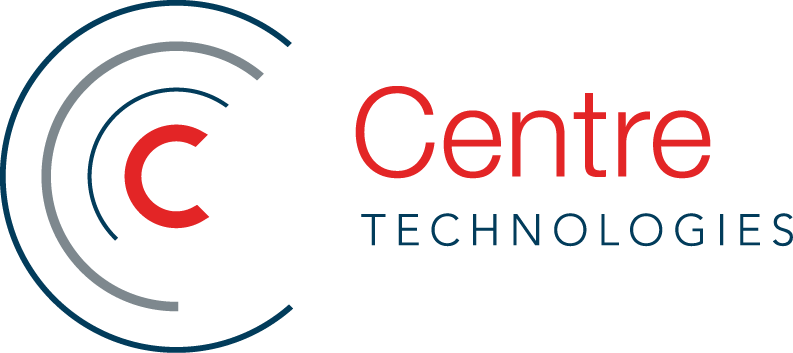Use These 3 Backup Methods and Save Money Now
Although 90% of businesses perform data backups, 58% of data recoveries fail. By implementing 3 different types of backup methods, you could prevent your business from becoming another example of that statistic. Data breaches cost enterprises millions of dollars in loss, so taking the time to ensure your data is secure and safely backed up is taking the time to ensure that your finances are secure as well.
3 types of backups
Full backups, incremental backups, and differential backups all play a role in securing your business data. When you know how often to implement each, you can guarantee that your business data won't be lost in cyber space when you need it at the most critical times.
Full Backups
Full backups are the simplest and most widely recognized. A full backup makes a copy of all data to a storage device. After making a backup of everything that needs to be protected, all files are copied over to a secondary storage target. If utilizing cloud-based solutions via a managed services provider, this would be off site. If using a traditional IT environment, this could be on tapes. It all depends on which environment you use.
The benefit of performing a full backup is that you have access to a complete copy of all your data and it’s all available within a single set of media. When restoring data that has been backed up like this, full recovery requires minimal time which is extremely beneficial for those with a strict recovery time objective (RTO).
Full backups use a lot of bandwidth to cover all files in the entire system and are, therefore, only run periodically.
Incremental Backups
An incremental backup stores only the data that has been altered since the last backup. Any data that has been covered by the full backup is not touched.
For example, let's say you ran a full backup on Monday. On Tuesday, you run an incremental backup to save the changes you've made since Monday. On Wednesday, you run another incremental backup. The incremental backup on Wednesday is only going to save the changes made since Tuesday. On Thursday, you run another incremental backup. The incremental backup on Thursday is only going to save the changes made since Wednesday, and so and and so forth. Each incremental backup is saved as a file all its own, referencing the last incremental backup made (which, when traced to the first incremental backup, references the last full backup).
Organizations may run this type of backup as often as desired. Because incremental backups copy a smaller amount of data than full, it results in faster backup speed.
Simply put, incremental backups occur after one full backup has been made and only the data that has changed since the last incremental backup gets backed up in this process. When restoring data that has been through this backup, you would restore the latest full backup set first. Then, each of the incremental backup sets would be restored in order. If one of these backup sets shows missing or damaged, then a full restoration isn't possible.
Differential Backups
Many people get stuck on the difference between differential and incremental backups. While they do have a similar nature, they are slightly different. A differential backup saves data that has been altered since the last full backup as a full set of data.
Building on our former example, let's say on the following Monday you run a full backup. On Tuesday, you run a differential backup. The only data that would be saved in that Tuesday differential backup, is the changes that have been made since the last full backup (just like an incremental backup). Wednesday, you run another differential backup. That differential backup will merge with the differential backup made on Tuesday, and save the changes made as one backup set. Thursday, you run another differential backup. That backup will merge with the differential backups made on Tuesday and Wednesday, and save as one backup set (Tuesday-Thursday). Unlike incremental backups, you won't have to redownload each differential backup to perform a full backup. Instead, you would take the latest differential backup and then the latest full backup to complete a full restore.
These backups are not recommended to be carried out often, as the process takes longer, but they can provide businesses with moderate recovery and requires moderate storage.
- Here's the main difference between all three:
- Full backups take longer to perform than other types and it requires more storage space. They are also the first copy and most reliable – therefore, you don’t need any other additional tools to secure it. With full backups however, the data can be stolen if the backups aren't encrypted. Full backups also allow for quick data restoration.
- Incremental backups take the least amount of time and space to conduct than differential and full backups. When it comes to data recovery time however, it can often be time consuming. Full restoration is also impossible without all incremental data sets represented. If even one is missing or damaged, a full data restore is not possible.
- Differential backups take less space than full backups and provides faster restoration time than incremental backups (also using more network bandwidth). Enterprises benefit the most from implementing this kind of backup.
Which the most cost effective data backup storage option?
Knowing where to store your data is also a key component to effective data backup implementation. It's also a key component of determining what your IT budget can afford for data storage and backups. By utilizing an IT managed services provider for your data backup needs, you can save time, money, and resources trying to run these backups in-house.
- Local Backups
Local backups require that you backup your data to a local device, like a tape or external hard drive. Because of the storage space this requires, this isn't the most cost effective option.
Local backups are subject to physical damage and aren't scalable (you will have to purchase more hardware and software to support your data as your business needs it). Most businesses opt for local backups not because it is cost-effective, but because through local backups, you can retrieve data faster and you know where your data is physically. - Off-Site Backups
Most businesses opt for off-site or cloud backups through a cloud provider because it is the most cost effective option and offers a wide variety of benefits. Not only can you avoid purchasing hardware and software, but you can secure long-term data retention without being faced with major costs.
By utilizing cloud archive storage and SaaS (Software as a Service) long-term data retention, you won't be faced with major costs one would face in the event of a breach.
protect your business data and your wallet
By utilizing cloud services with a trusted IT solutions/managed services provider, you can take advantage of data center experts that monitor your data 24/7, automate backups of your data in multiple locations, and regularly update software and hardware to ensure the security of your data.
Need an MSP who can provide 24/7 data backup services? Centre Technologies has been helping businesses just like yours achieve more for your budget and your business collectively through serving as an extension of your team. Contact us to enact a data backup and recovery strategy built to ensure business continuity for your business.
Be a thought leader and share:
About the Author
Creative content writer and producer for Centre Technologies. I joined Centre after 5 years in Education where I fostered my great love for making learning easier for everyone. While my background may not be in IT, I am driven to engage with others and build lasting relationships on multiple fronts. My greatest passions are helping and showing others that with commitment and a little spark, you can understand foundational concepts and grasp complex ideas no matter their application (because I get to do it every day!). I am a lifelong learner with a genuine zeal to educate, inspire, and motivate all I engage with. I value transparency and community so lean in with me—it’s a good day to start learning something new! Learn more about Emily Kirk »


 Emily Kirk
Emily Kirk